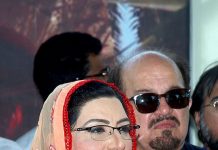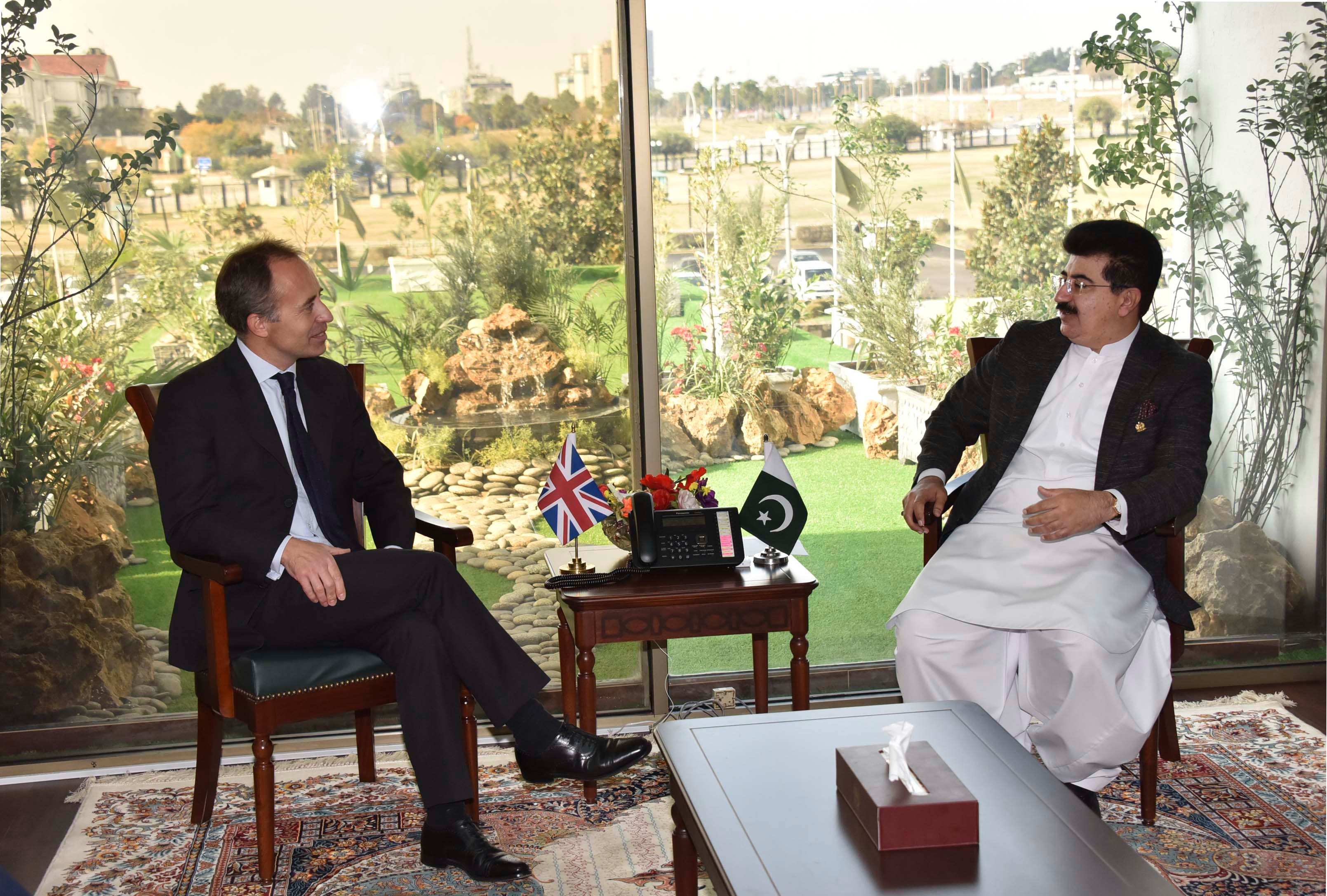ISLAMABAD: The Supreme Court will take up today (Monday) 13 almost identical
petitions challenging the Elections Act, 2017, whic
h allows a disqualified member of parliament to hold party office.
A three-mem
ber Supreme Court bench comprising Chief Justice Mian Saqib Nisar, Justice Faisal Arab and Justice Ijazul Ahsan will hear the
petitions and determine whether these
petitions were maintainable or not.
The
petitions were filed by Pakistan Tehreek-e-Insaf (PTI) Chairman Imran Khan, Pakistan People’s Party (PPP) Secretary General Syed Nayyar Hussain Bukhari, Awami Muslim League chief Sheikh Rasheed, PPP MNA Jamshed Dasti, Pakistan Justice Party, National Party, All Pakistan Aam Admi Party, Zulfiqar Ahmad Bhutta advocate, Dawood Ghaznavi, Abdul Wadood Qureshi, Sheikh Ashanuddin, Ishtiaq Chaudhry and Gohar Nawaz Sindhu.
All these
petitions were filed under Article 184 (3) of the constitution making the Federation of Pakistan as respondent.
Earlier, the Supreme Court’s registrar office had raised certain technical and legal objections on all these
petitions, directing the
petitioners to approach the appropriate forum.
Chief Justice of Pakistan (CJP) Mian Saqib Nisar later conducted in-chamber hearing of the pleas and dismissed the objections raised by the registrar office, besides directing that all the pleas be fixed for hearing before a three-mem
ber Supreme Court bench.
The
petitions maintain that electing a disqualified person as head of a political party was tantamount to usurping the spirit of the constitution.
Some
petitioners have
contended that the Elections Act, 2017, passed by the parliament was completely an encroachment on the autonomy of the Election Commission of Pakistan (ECP).
These
petitioners have argued that that the law has taken the ECP out of its constitutional sphere and made it subordinate to the ministries and the departments.
The Election Bill, 2017, commonly known as electoral reforms bill, was signed into law by president of Pakistan on October 2, 2017, after passage by the parliament.
A controversial clause in the bill allowed disqualified politicians to hold a public office or lead a political party. The Elections Act, 2017, paved the way for disqualified prime minister Nawaz Sharif to be re-elected as head of the Pakistan Muslim League-Nawaz (PML-N).
Majority of the
petitions plead that Nawaz Sharif-specific amendment to the law was mala fide and unconstitutional, since it was introduced to accommodate only one pe
rson, who had already been disqualified by the Supreme Court under Article 62(1)(f) of the constitution.
PPP
petition has sought a declaration from the Supreme Court that the PML-N government should be restrained from governance until the removal and replacement of Nawaz Sharif with an eligible person.
The
petitions have asked the court to declare illegal Nawaz Sharif’s election to the PML-N’s top office by declaring that the provisions of Section 203 of the Elections Act, 2017, were subject to the trappings of Articles 62 and 63 of the constitution and that the election was contrary to the spirit of fundamental rights guaranteed in the constitution.
Published in Daily Times, January 1st 2018.













